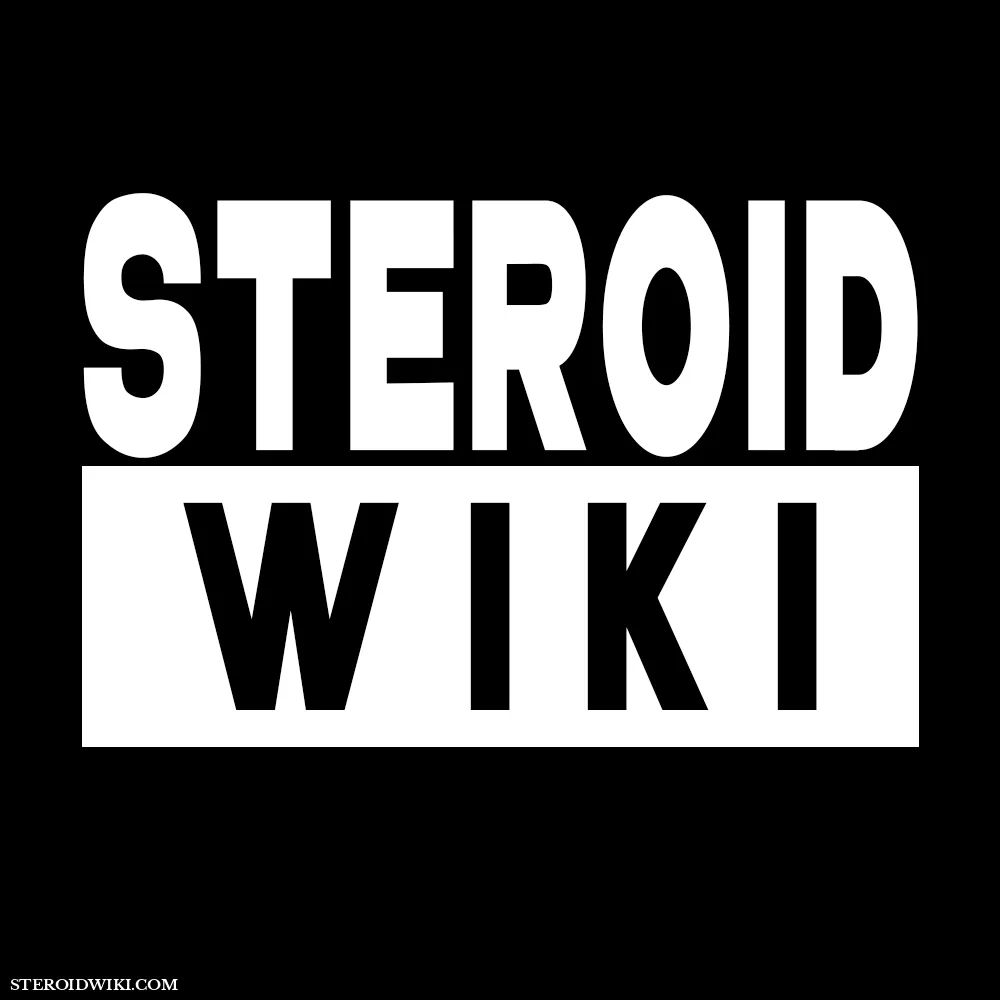- Steroids Forum
- Diet, Nutrition & Recipes Forum
- The Pros and Cons of Popular Diets: Paleo, Keto, and Intermittent Fasting
The Pros and Cons of Popular Diets: Paleo, Keto, and Intermittent Fasting


With so many diets out there claiming to be the best for weight loss and overall health, it can be overwhelming to choose which one to follow. Three popular diets that have gained a lot of attention in recent years are the Paleo diet, the Keto diet, and Intermittent Fasting. While all three have their benefits, they also have some potential drawbacks that are important to consider before jumping on the bandwagon.
The Paleo Diet
The Paleo diet, also known as the "caveman" diet, is based on the idea of eating only foods that our ancestors would have eaten during the Paleolithic era. This means a diet focused on whole, unprocessed foods such as meat, fish, vegetables, and fruits, while avoiding dairy, grains, legumes, and processed foods.
Pros:
- The focus on whole, unprocessed foods can lead to weight loss and better overall health.
- The emphasis on protein and healthy fats can help keep you feeling full and satisfied.
- The restriction of processed foods, grains, and sugar can help stabilize blood sugar levels and reduce inflammation in the body.
Cons:
- The strictness of the diet can make it difficult to stick to long-term.
- The elimination of grains and legumes can lead to nutrient deficiencies.
- The emphasis on animal products can be problematic for those who prefer a plant-based diet or have ethical concerns.
The Keto Diet
The Keto diet, short for ketogenic, is a high-fat, low-carb diet that aims to put the body into a state of ketosis, where it burns fat for fuel instead of carbohydrates. This is achieved by drastically reducing carbohydrate intake and increasing fat intake.
Pros:
- The reduction of carbohydrates can lead to rapid weight loss.
- The high-fat intake can help keep you feeling full and satisfied.
- Some studies suggest that the Keto diet may have therapeutic benefits for certain health conditions such as epilepsy and type 2 diabetes.
Cons:
- The restriction of carbohydrates can lead to nutrient deficiencies and lack of fiber.
- The high-fat intake can increase the risk of heart disease.
- The strictness of the diet can make it difficult to stick to long-term.
Intermittent Fasting
Intermittent Fasting is not a diet per se, but rather an eating pattern that involves alternating periods of fasting and eating. There are several ways to practice Intermittent Fasting, such as the 16/8 method (fasting for 16 hours and eating within an 8-hour window) or the 5:2 method (eating normally for 5 days and consuming only 500-600 calories on 2 non-consecutive days).
Pros:
- Intermittent Fasting can lead to weight loss and improved insulin sensitivity.
- Fasting has been shown to have potential health benefits such as reducing inflammation and improving brain function.
- Intermittent Fasting is flexible and can be adapted to fit individual lifestyles.
Cons:
- The strictness of the fasting periods can be challenging for some individuals.
- Fasting can lead to increased hunger and cravings during eating periods.
- Individuals with certain health conditions, such as diabetes or eating disorders, may not be able to safely practice Intermittent Fasting.
Final Thoughts
All three of these diets have their benefits and drawbacks. It's important to consider your individual needs and preferences before choosing a diet to follow. It's also important to remember that a sustainable healthy lifestyle involves more than just following a specific diet, but also incorporating regular physical activity, stress management, and adequate sleep.
Created
 11 months ago
11 months ago
-
Last Reply
 10 months ago
10 months ago
- 3
replies
- 1.2k
views
- 3
users
- 2
likes


Your contributions to the field of different diet plans are invaluable, and I feel lucky to have had the opportunity to learn from you. I was very confused in the past about intermittent fasting, but you have cleared my confusion by posting the content. I look forward to reading more of your work in the future.


Thank you for explaining it so well. Choosing the right diet can be overwhelming, but considering your individual needs is very important. A sustainable healthy lifestyle involves more than just diet, including physical activity, stress management, and sleep. Your post cleared a lot of questions that I had in my mind.
Quoted RoidKings.com; Post# 4308
With so many diets out there claiming to be the best for weight loss and overall health, it can be overwhelming to choose which one to follow. Three popular diets that have gained a lot of attention in recent years are the Paleo diet, the Keto diet, and Intermittent Fasting. While all three have their benefits, they also have some potential drawbacks that are important to consider before jumping on the bandwagon.
The Paleo Diet
The Paleo diet, also known as the "caveman" diet, is based on the idea of eating only foods that our ancestors would have eaten during the Paleolithic era. This means a diet focused on whole, unprocessed foods such as meat, fish, vegetables, and fruits, while avoiding dairy, grains, legumes, and processed foods.
Pros:
- The focus on whole, unprocessed foods can lead to weight loss and better overall health.
- The emphasis on protein and healthy fats can help keep you feeling full and satisfied.
- The restriction of processed foods, grains, and sugar can help stabilize blood sugar levels and reduce inflammation in the body.
Cons:
- The strictness of the diet can make it difficult to stick to long-term.
- The elimination of grains and legumes can lead to nutrient deficiencies.
- The emphasis on animal products can be problematic for those who prefer a plant-based diet or have ethical concerns.
The Keto Diet
The Keto diet, short for ketogenic, is a high-fat, low-carb diet that aims to put the body into a state of ketosis, where it burns fat for fuel instead of carbohydrates. This is achieved by drastically reducing carbohydrate intake and increasing fat intake.
Pros:
- The reduction of carbohydrates can lead to rapid weight loss.
- The high-fat intake can help keep you feeling full and satisfied.
- Some studies suggest that the Keto diet may have therapeutic benefits for certain health conditions such as epilepsy and type 2 diabetes.
Cons:
- The restriction of carbohydrates can lead to nutrient deficiencies and lack of fiber.
- The high-fat intake can increase the risk of heart disease.
- The strictness of the diet can make it difficult to stick to long-term.
Intermittent Fasting
Intermittent Fasting is not a diet per se, but rather an eating pattern that involves alternating periods of fasting and eating. There are several ways to practice Intermittent Fasting, such as the 16/8 method (fasting for 16 hours and eating within an 8-hour window) or the 5:2 method (eating normally for 5 days and consuming only 500-600 calories on 2 non-consecutive days).
Pros:
- Intermittent Fasting can lead to weight loss and improved insulin sensitivity.
- Fasting has been shown to have potential health benefits such as reducing inflammation and improving brain function.
- Intermittent Fasting is flexible and can be adapted to fit individual lifestyles.
Cons:
- The strictness of the fasting periods can be challenging for some individuals.
- Fasting can lead to increased hunger and cravings during eating periods.
- Individuals with certain health conditions, such as diabetes or eating disorders, may not be able to safely practice Intermittent Fasting.
Final Thoughts
All three of these diets have their benefits and drawbacks. It's important to consider your individual needs and preferences before choosing a diet to follow. It's also important to remember that a sustainable healthy lifestyle involves more than just following a specific diet, but also incorporating regular physical activity, stress management, and adequate sleep.


Hey, Thank you for sharing your knowledge and information. Obviously, it has cleared a lot of confusion that I had about dieting and intermittent fasting. Looking forward to more.
Quoted RoidKings.com; Post# 4308
With so many diets out there claiming to be the best for weight loss and overall health, it can be overwhelming to choose which one to follow. Three popular diets that have gained a lot of attention in recent years are the Paleo diet, the Keto diet, and Intermittent Fasting. While all three have their benefits, they also have some potential drawbacks that are important to consider before jumping on the bandwagon.
The Paleo Diet
The Paleo diet, also known as the "caveman" diet, is based on the idea of eating only foods that our ancestors would have eaten during the Paleolithic era. This means a diet focused on whole, unprocessed foods such as meat, fish, vegetables, and fruits, while avoiding dairy, grains, legumes, and processed foods.
Pros:
- The focus on whole, unprocessed foods can lead to weight loss and better overall health.
- The emphasis on protein and healthy fats can help keep you feeling full and satisfied.
- The restriction of processed foods, grains, and sugar can help stabilize blood sugar levels and reduce inflammation in the body.
Cons:
- The strictness of the diet can make it difficult to stick to long-term.
- The elimination of grains and legumes can lead to nutrient deficiencies.
- The emphasis on animal products can be problematic for those who prefer a plant-based diet or have ethical concerns.
The Keto Diet
The Keto diet, short for ketogenic, is a high-fat, low-carb diet that aims to put the body into a state of ketosis, where it burns fat for fuel instead of carbohydrates. This is achieved by drastically reducing carbohydrate intake and increasing fat intake.
Pros:
- The reduction of carbohydrates can lead to rapid weight loss.
- The high-fat intake can help keep you feeling full and satisfied.
- Some studies suggest that the Keto diet may have therapeutic benefits for certain health conditions such as epilepsy and type 2 diabetes.
Cons:
- The restriction of carbohydrates can lead to nutrient deficiencies and lack of fiber.
- The high-fat intake can increase the risk of heart disease.
- The strictness of the diet can make it difficult to stick to long-term.
Intermittent Fasting
Intermittent Fasting is not a diet per se, but rather an eating pattern that involves alternating periods of fasting and eating. There are several ways to practice Intermittent Fasting, such as the 16/8 method (fasting for 16 hours and eating within an 8-hour window) or the 5:2 method (eating normally for 5 days and consuming only 500-600 calories on 2 non-consecutive days).
Pros:
- Intermittent Fasting can lead to weight loss and improved insulin sensitivity.
- Fasting has been shown to have potential health benefits such as reducing inflammation and improving brain function.
- Intermittent Fasting is flexible and can be adapted to fit individual lifestyles.
Cons:
- The strictness of the fasting periods can be challenging for some individuals.
- Fasting can lead to increased hunger and cravings during eating periods.
- Individuals with certain health conditions, such as diabetes or eating disorders, may not be able to safely practice Intermittent Fasting.
Final Thoughts
All three of these diets have their benefits and drawbacks. It's important to consider your individual needs and preferences before choosing a diet to follow. It's also important to remember that a sustainable healthy lifestyle involves more than just following a specific diet, but also incorporating regular physical activity, stress management, and adequate sleep.








